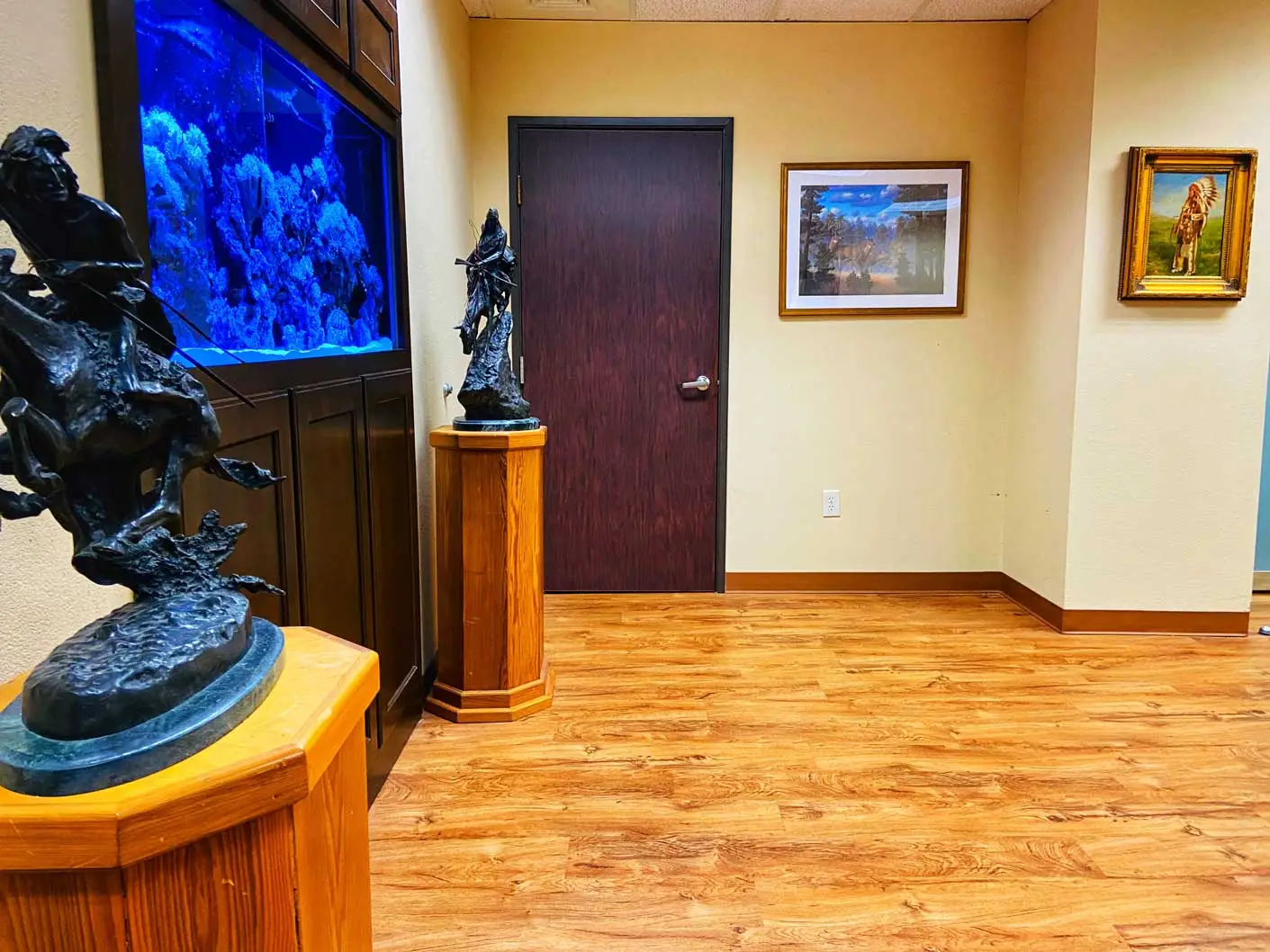Structure and Accountability Help Create Long Term Recovery
Burning Tree Ranch has one of the strongest and most comprehensive Aftercare treatment plans in the country.
We give our clients an environment to transition and practice the sober tools they learned in our long-term treatment residential program at Burning Tree Ranch. Our mission is to prevent the risk of relapse and to help build a life of excellence after sobriety.
For the chronic addict or alcoholic, life after addiction treatment can be a life of freedom if you have the right tools and can transition properly to a sober life. However, if you don’t have the proper tools, then long-term recovery is unlikely and the unmanageability of drugs and alcohol will return.
Burning Tree Ranch’s Aftercare Program gives chronic addicts and alcoholics the ability to transition to a life of sobriety after a rehab program.
Burning Tree Ranch Aftercare Program for Substance Abuse
Burning Tree Ranch helps addicts and alcoholics adapt back into the real world with one of the only long term Aftercare programs in the country. Our Aftercare Program offers the following:
- High accountability within Burning Tree community.
- Chance to implement life skills like responsibility, budgeting, accountability, work ethic.
- Slowly transition and practice recovery disciplines into everyday lives.
- Learn to live life in the real world by merging all aspects of life together: recovery, work, family, social and recreational.
- Use recovery tools and aftercare group when issues arise that throw areas of life out of balance.
Clients of Our Aftercare Services are Expected to Do the Following:
Life Skills Development
- Expected to work 32 hours
- Pay rent weekly
- Required to do chores twice a week
- Each person has a service position
- Expected to take care of the house
12-Step Program Development
- 3-5 A.A. meetings a week and participation in 12-step programs
- Carry the message to Hospitals and Institutions
- Talk to their sponsors three times a week
- Meet with their sponsor every other week
- Service position in their 12-Step Home group
- Service in their community
- Sponsor others
- Required to have a sponsor.
- Aftercare Meeting 6:30 to 8 every Thursday
What Families Can Expect From the Program
- Your loved one will get a structured program to support them while they transition into sober living.
- Your loved one will be able to have a safe environment where they can practice what they’ve been learning.
- You will have oversight of After Care team and you and your family will receive support on the best way to approach your loved one’s addiction.
- Your loved one will be introduced and participate in the Burning Tree community.
Two Phases of After Care
After going through the Burning Tree Ranch recovery process and the Family Program, clients begin transitioning to our After Care program.
Our transition is designed to be slow and strategic. When helping chronic addicts and alcoholics we have found that most of our clients needed a smoother transition from treatment back into the real world.
Our After Care Program lasts a little over a year and is designed to develop needed life skills and gives our clients the time to adjust to sober living and make sobriety a habit.
Sober Living Aftercare Phase:
The first phase of our aftercare program is going to our gender-specific sober living home in Dallas. Our sober living homes are structured to have high accountability and community.
Independent Living Phase:
We recommend participants transition into independent living with one or two peers from the Burning Tree Ranch community. This helps each member of our aftercare program keep each other accountable and inside the Burning Tree community.





